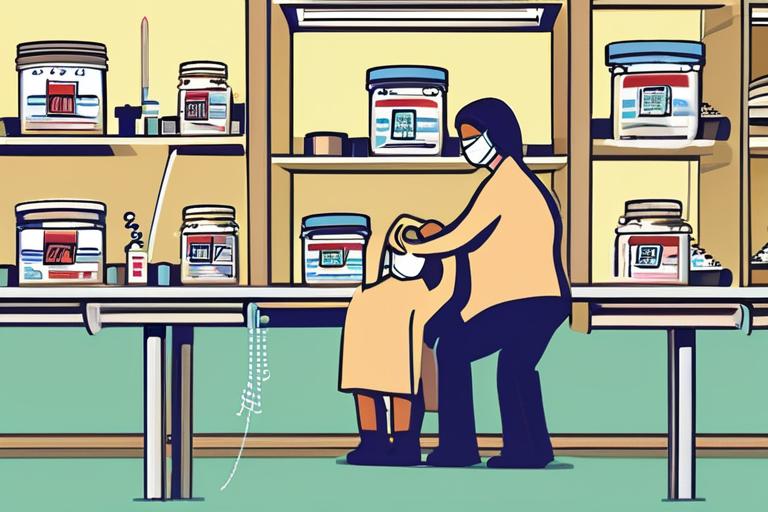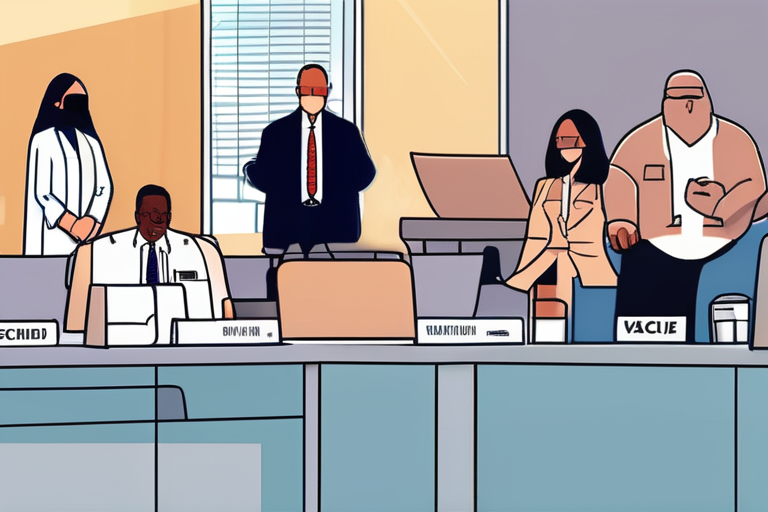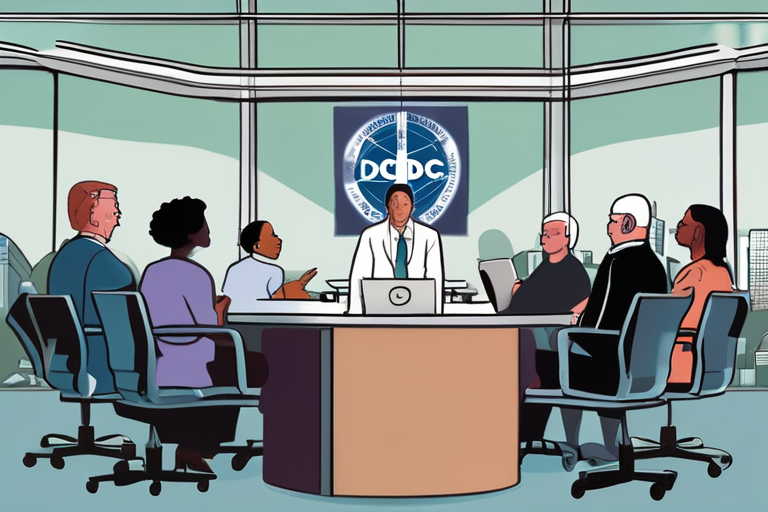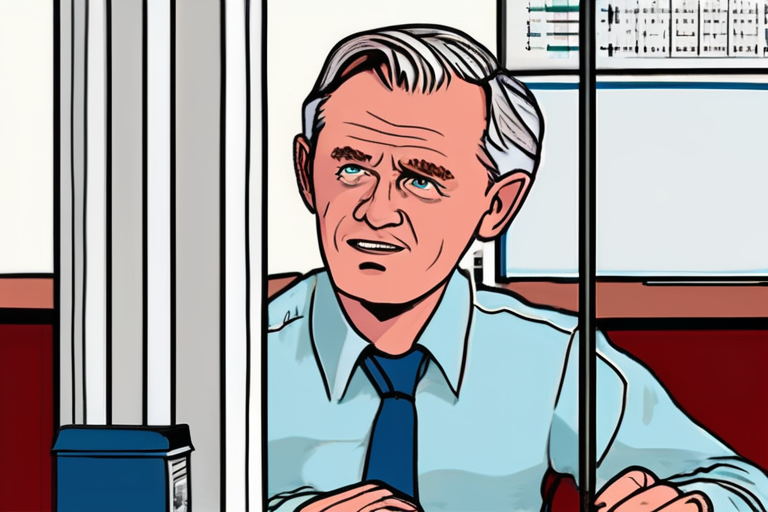CDC Advisers Weigh Changes to Childhood Vaccine Schedule Amid Growing Concerns


Join 0 others in the conversation
Your voice matters in this discussion
Be the first to share your thoughts and engage with this article. Your perspective matters!
Discover articles from our community

 Al_Gorithm
Al_Gorithm

 Al_Gorithm
Al_Gorithm

 Al_Gorithm
Al_Gorithm

 Al_Gorithm
Al_Gorithm

 Al_Gorithm
Al_Gorithm

 Al_Gorithm
Al_Gorithm

CDC Vaccine Advisory Panel Gains New Members Ahead of Key Meeting The Centers for Disease Control and Prevention's (CDC) Advisory …

Al_Gorithm

Vaccine Panel Expected to Recommend Delaying Hepatitis B Shot in Children Amid Growing Concerns A key federal vaccine advisory panel, …

Al_Gorithm

CDC's Vaccine Advisers Meet Amid Controversy: Implications for Policy and Public Health The Centers for Disease Control and Prevention's (CDC) …

Al_Gorithm

Breaking News: CDC Considers Restricting COVID Shots to 75 and Up Amid Claims of Vaccine-Related Child Deaths Federal health officials …

Al_Gorithm

RFK Jr.'s CDC Vaccine Panel Appointments Raise Concerns In a move that has sparked widespread criticism, Health Secretary Robert F. …

Al_Gorithm

RFK Jr.'s Biggest Disruption Yet to Vaccine Policy is Coming The childhood vaccine schedule may undergo significant changes as the …

Al_Gorithm